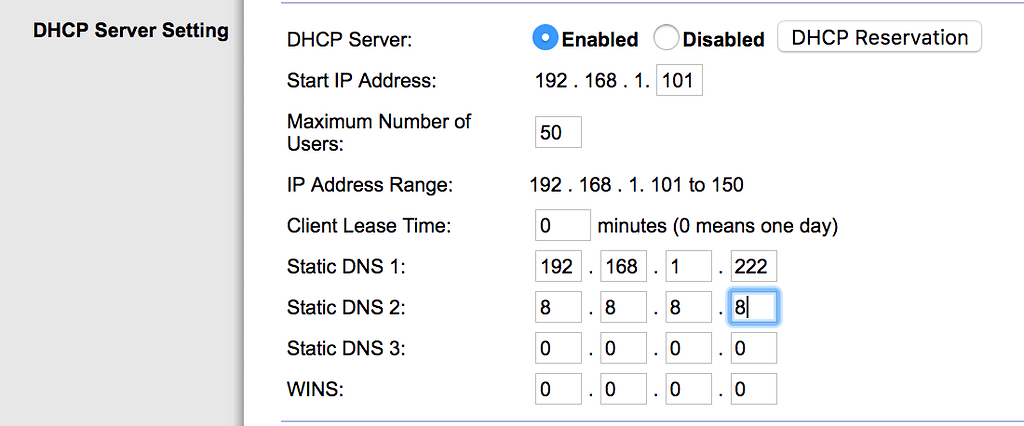What has your internet connection got to do with a local server running pi-hole? If the internet is down it's down for everything even if you have not got this local DNS server. IMO having a local DNS avoids DNS downtime issues with the ISP or with public DNS altogether. So it's technically better.
As for maintenance, it's 95% automated in DietPi. Download once and set up adlists. The adlists keep updating once in 7 days by default, I've changed that to 2 days and that's it. If you want you can update the pi-hole itself when an update is available which is like once in a month or two but it's not necessary, same goes for DietPi too.
This is an oversimplification. It's like saying
building a table is just cutting some wood, hammering in some nails, and polishing it, so why can't you do it on your own.
First up, if my internet connection is not working, I currently check my router, then call my ISP. With pihole, I have an additional layer to check before calling the ISP. There can be any number of reasons, pihole crashed, the computer running it lost power/crashed, whatever. But it will need to be checked.
Second is wanting to access stuff occasionally. Let's say a family member is playing a game which rewards them for watching ads. The ad won't load. So now they complain and then I have to teach them how to handle this situation, which means I myself have to learn how to handle this. Then there's the odd website which is bound to break because of Pihole. First I'll have to figure out that is breaking because of Pihole, it won't always be obvious. Then I'll have to fix it.
And we all know that stuff happens with tech, it's not smooth sailing. I have my own git server. Every once in a while, it stops working for no apparent reason and I have to restart it. I have a couple of webapps running on a VPS and every few months I have to renew their certificates, apply updates, make sure all components are still working, etc. There's a lot of overhead. It's just never as simple as set up DietPi and forget it. We wish it was, but it never is.
And all that is not even going into the fact that just setting it up took me 3-4 attempts with different tutorials and most people don't even know where to begin with Linux. Not to mention the need for additional hardware, which is not even easily available these days.
Installing a server like applications is 100x more complex than installing a browser extension, no matter how much you try to simplify the presentation.

 www.theverge.com
www.theverge.com

 www.theverge.com
www.theverge.com





